How much of a blow is ICC arrest warrant for Netanyahu?
Action by Hague court damages Israel's narrative that Gaza conflict is a war between 'good and evil'
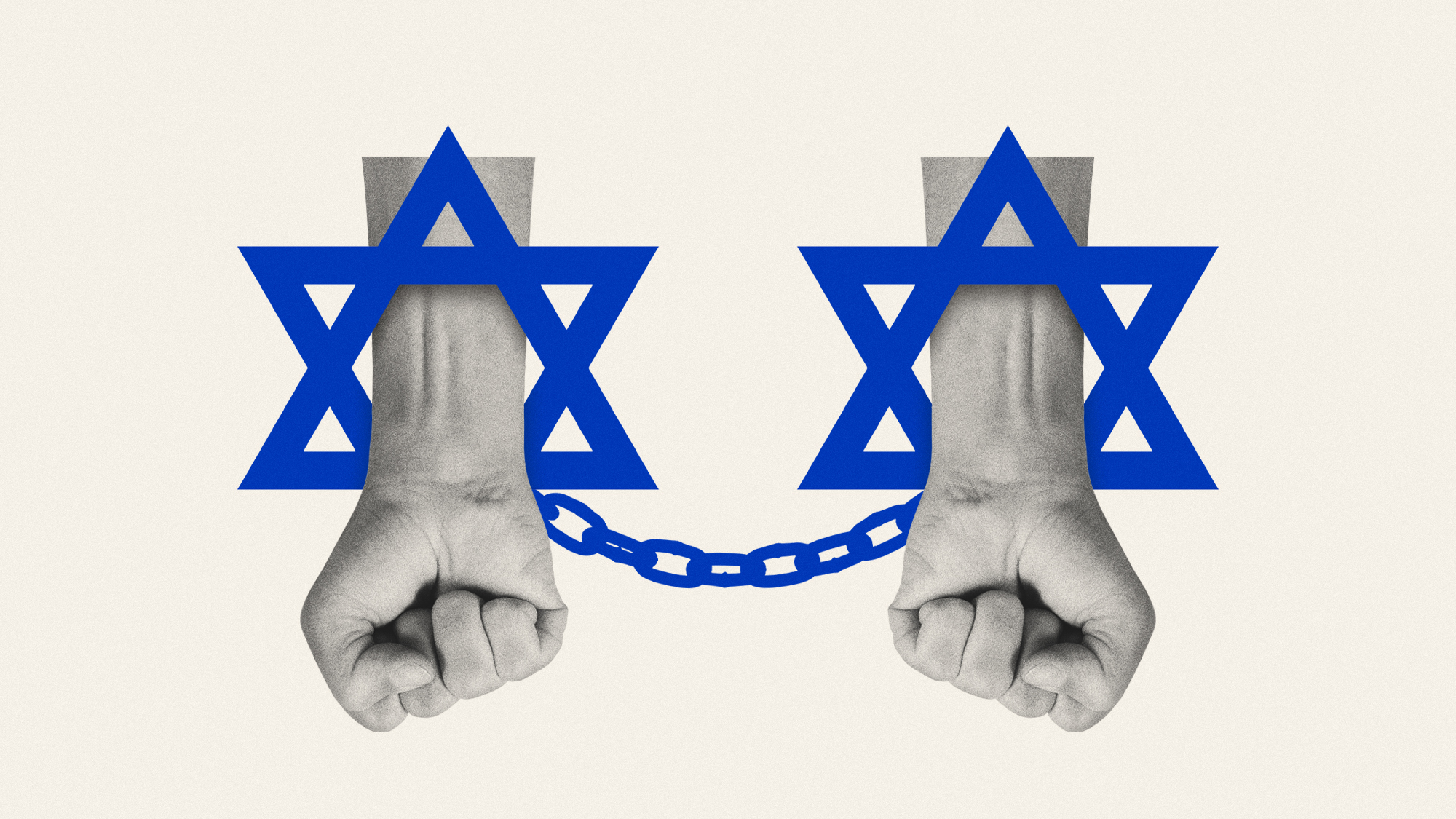
A free daily email with the biggest news stories of the day – and the best features from TheWeek.com
You are now subscribed
Your newsletter sign-up was successful
Israel has dismissed the International Criminal Court (ICC)'s decision to issue an arrest warrant for its prime minister, Benjamin Netanyahu, and his former defence minister, Yoav Gallant. Leaders across the country's political spectrum called it "outrageous" and "antisemitic".
The Hague-based court said in its statement yesterday that there are "reasonable grounds" to believe that Netanyahu and Gallant each bear criminal responsibility for "the war crime of starvation as a method of warfare" and "crimes against humanity of murder, persecution and other inhuman acts".
What did the commentators say?
There is "no question" that the announcement is a "major blow" to Israel's "international standing" and to Netanyahu's "ongoing efforts to present its military campaign in Gaza as a fight between the forces of good and evil", wrote the BBC's Frank Gardner from Jerusalem.
The Week
Escape your echo chamber. Get the facts behind the news, plus analysis from multiple perspectives.

Sign up for The Week's Free Newsletters
From our morning news briefing to a weekly Good News Newsletter, get the best of The Week delivered directly to your inbox.
From our morning news briefing to a weekly Good News Newsletter, get the best of The Week delivered directly to your inbox.
It marks a "historic turning point", said Stéphanie Maupas for Le Monde, because "for the first time since the creation of the Court in 1998", political leaders have been "indicted against the wishes of their Western allies". The Economist said the charges are a "real earthquake" and a "diplomatic disaster" for Netanyahu.
The arrest warrants "break through the perception that certain individuals are beyond the reach of the law", Balkees Jarrah, senior counsel at Human Rights Watch, told Al Jazeera, and "should finally push" the international community to "address atrocities".
There may also be "wider implications", which "could limit the ability of third parties to cooperate with" the Israeli military, Eliav Lieblich, a professor of international law at Tel Aviv University, told CNN.
But, domestically, it has done Netanyahu little harm, said the Financial Times. While "global reaction was mixed", in Israel itself the warrants have "sparked outrage" from "allies and opponents alike" over what has been "widely interpreted" as an attack on the country's right to defend itself.
A free daily email with the biggest news stories of the day – and the best features from TheWeek.com
Many of Netanyahu's domestic political opponents "rallied to his defence", said Middle East Eye, and, while some "enemies of the Jewish state" hope the decision will lead to "the demise of Israel", said an editorial in the Jerusalem Post, it will be "seen by reasonable people around the world" as "a farce, a joke, a miscarriage of justice".
What next?
Netanyahu and Yoav Gallant will "find it difficult" to travel internationally the "same way they did" before, said Al Jazeera, because all 124 countries that are signatories to the Rome Statute of the International Criminal Court are "legally obliged to arrest them if they travel to those countries".
That said, Victor Orban, prime minister of Hungary, a signatory country, has already declared that he will invite Netanyahu to visit, said The Guardian.
Downing Street said yesterday that the UK will respect the ICC's decision and comply with its legal obligations but Yvette Cooper told Sky News this morning that it "wouldn't be appropriate" for her "to comment" on the processes involved.
To be clear, the warrants don't mean that Netanyahu (or Gallant) will face trial anytime soon because, wrote Victor Peskin on The Conversation, "the ICC, in line with other contemporary international criminal tribunals, lack any enforcement powers of their own".
As long as he remains prime minister, Netanyahu will be "protected by the physical capabilities of the Israeli state", wrote Michael Byers for Canada's Globe and Mail, but "leaders, governments and national societies all change over time". One day, "a future Israeli government" might decide to send him to The Hague, so the "spectre of a war-crimes trial will now hang over him for the rest of his life".
Chas Newkey-Burden has been part of The Week Digital team for more than a decade and a journalist for 25 years, starting out on the irreverent football weekly 90 Minutes, before moving to lifestyle magazines Loaded and Attitude. He was a columnist for The Big Issue and landed a world exclusive with David Beckham that became the weekly magazine’s bestselling issue. He now writes regularly for The Guardian, The Telegraph, The Independent, Metro, FourFourTwo and the i new site. He is also the author of a number of non-fiction books.
-
 Local elections 2026: where are they and who is expected to win?
Local elections 2026: where are they and who is expected to win?The Explainer Labour is braced for heavy losses and U-turn on postponing some council elections hasn’t helped the party’s prospects
-
 6 of the world’s most accessible destinations
6 of the world’s most accessible destinationsThe Week Recommends Experience all of Berlin, Singapore and Sydney
-
 How the FCC’s ‘equal time’ rule works
How the FCC’s ‘equal time’ rule worksIn the Spotlight The law is at the heart of the Colbert-CBS conflict
-
 Will increasing tensions with Iran boil over into war?
Will increasing tensions with Iran boil over into war?Today’s Big Question President Donald Trump has recently been threatening the country
-
 Israel retrieves final hostage’s body from Gaza
Israel retrieves final hostage’s body from GazaSpeed Read The 24-year-old police officer was killed during the initial Hamas attack
-
 What will happen in 2026? Predictions and events
What will happen in 2026? Predictions and eventsIn Depth The new year could bring peace in Ukraine or war in Venezuela, as Donald Trump prepares to host a highly politicised World Cup and Nasa returns to the Moon
-
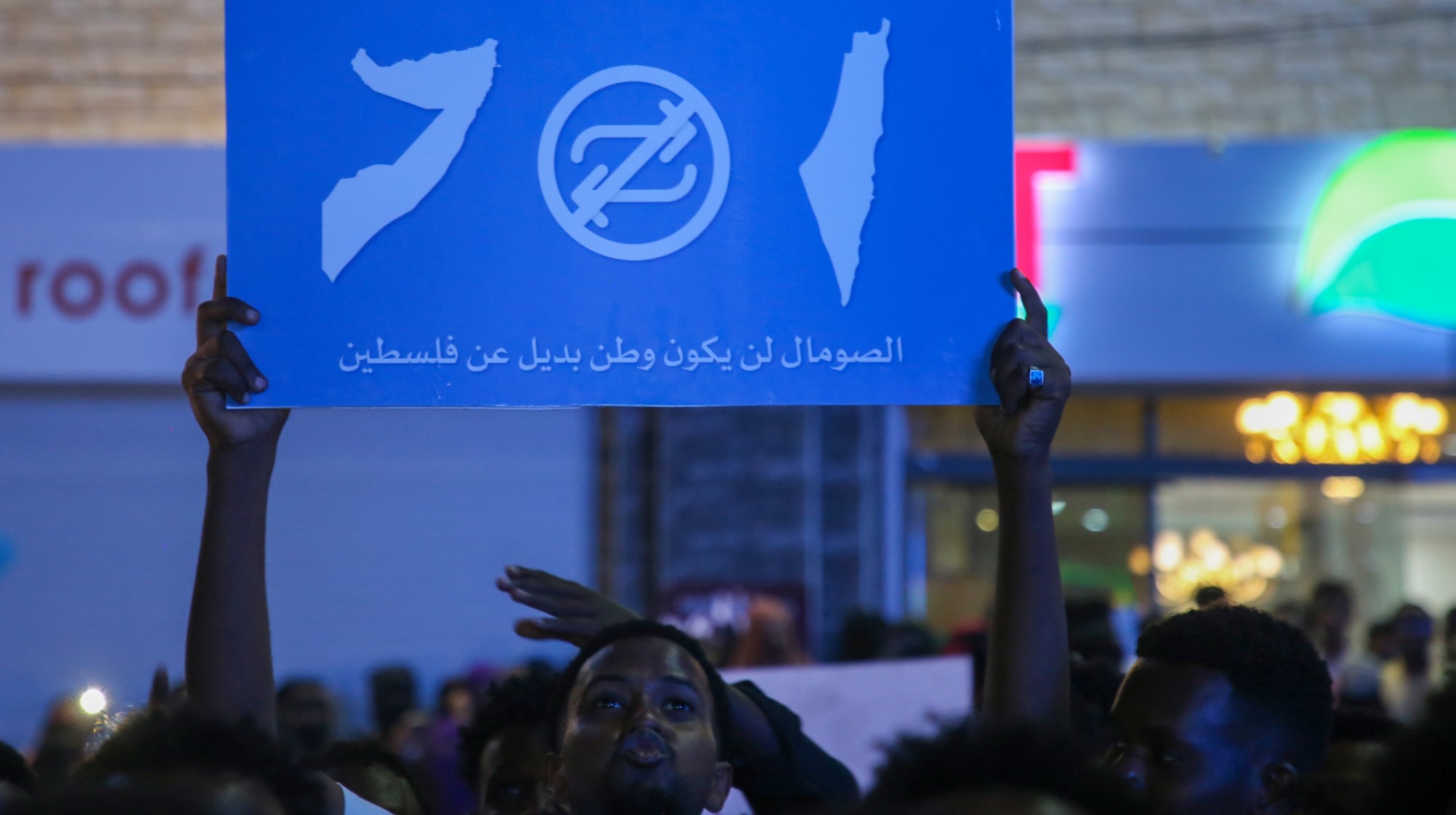 Why recognizing Somaliland is so risky for Israel
Why recognizing Somaliland is so risky for IsraelTHE EXPLAINER By wading into one of North Africa’s most fraught political schisms, the Netanyahu government risks further international isolation
-
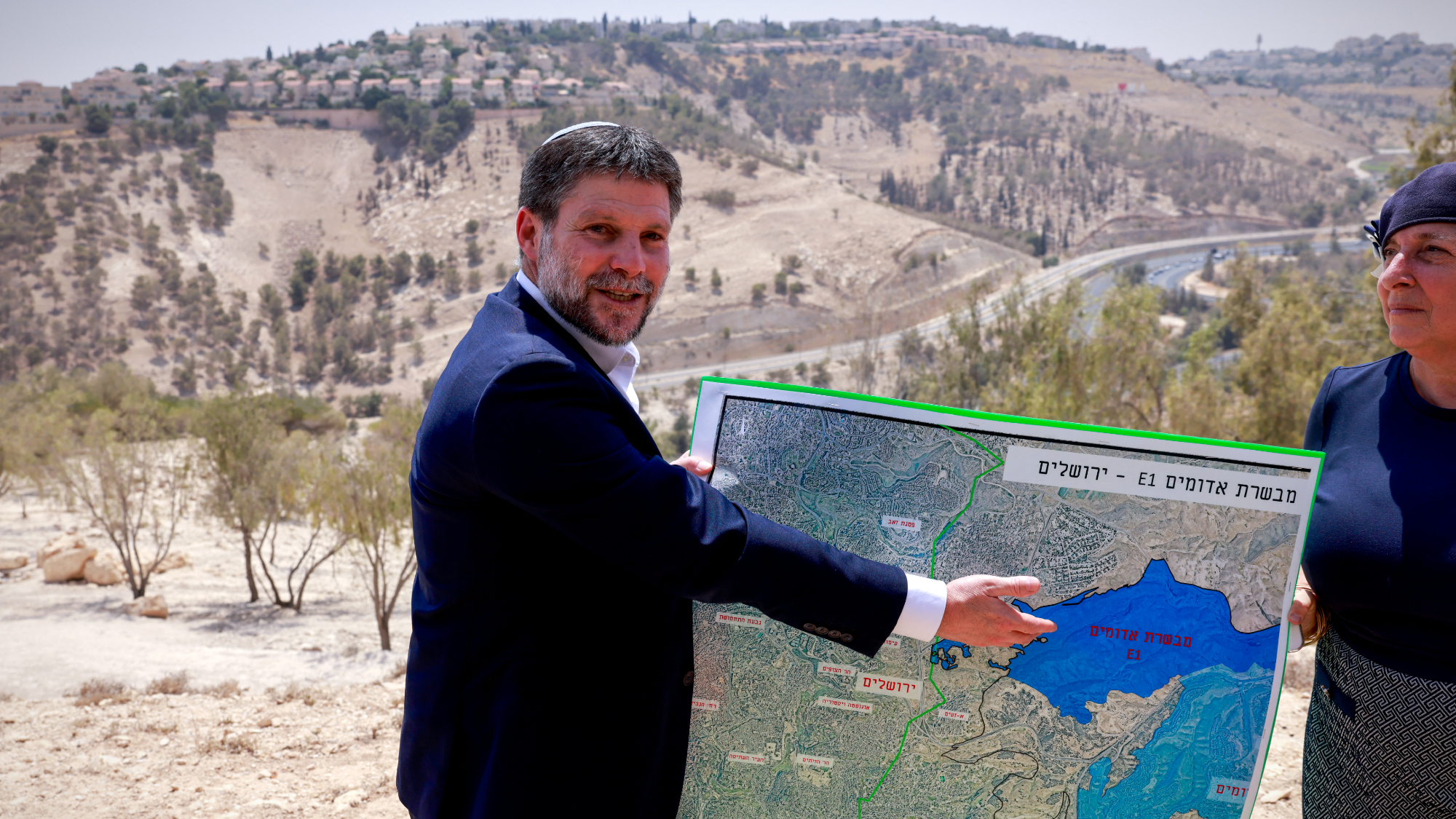 Israel approves new West Bank settlements
Israel approves new West Bank settlementsSpeed Read The ‘Israeli onslaught has all but vanquished a free Palestinian existence in the West Bank’
-
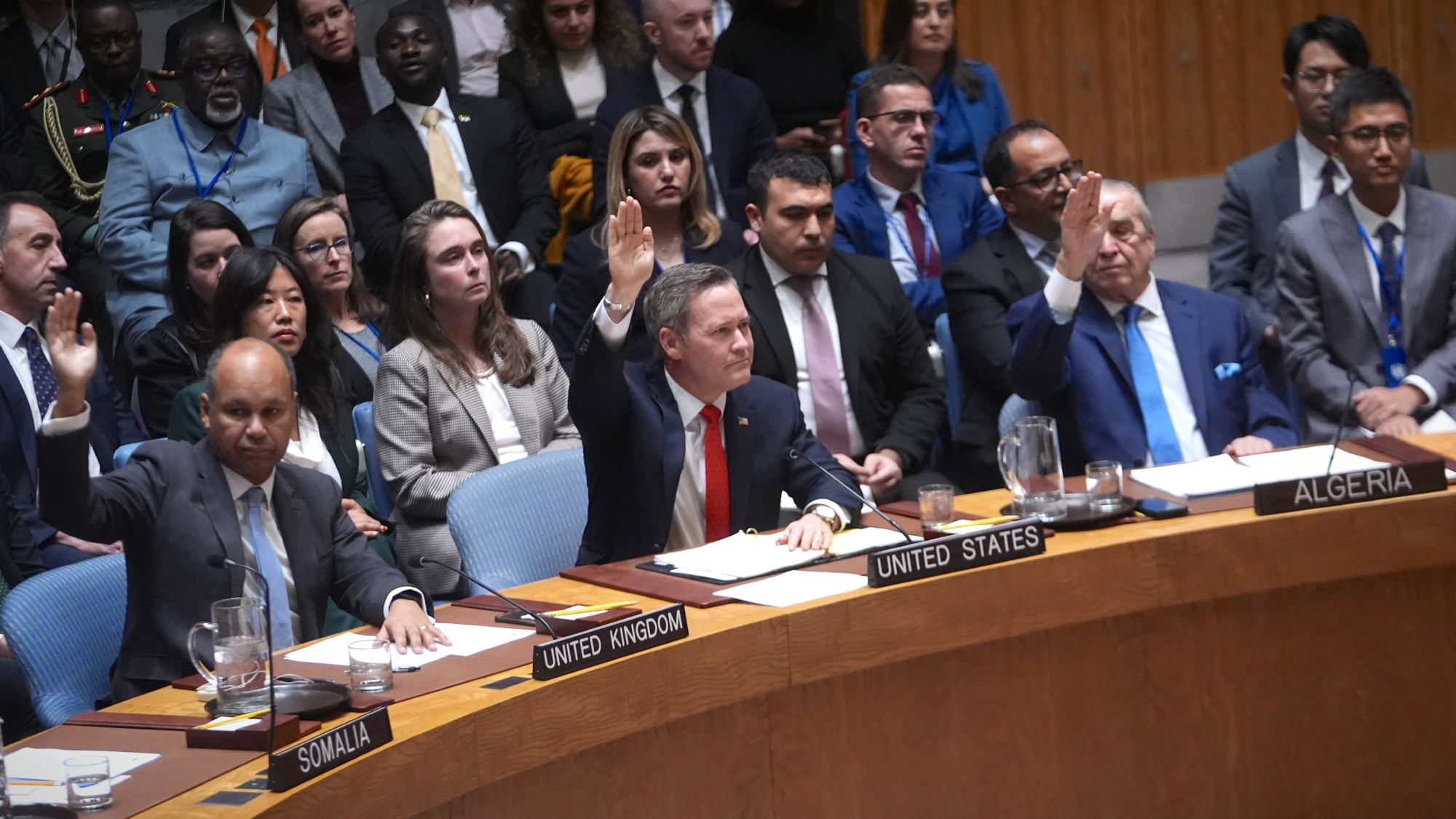 UN Security Council backs Trump’s Gaza peace plan
UN Security Council backs Trump’s Gaza peace planSpeed Read The United Nations voted 13-0 to endorse President Donald Trump’s 20-point plan to withdraw Israeli troops from Gaza
-
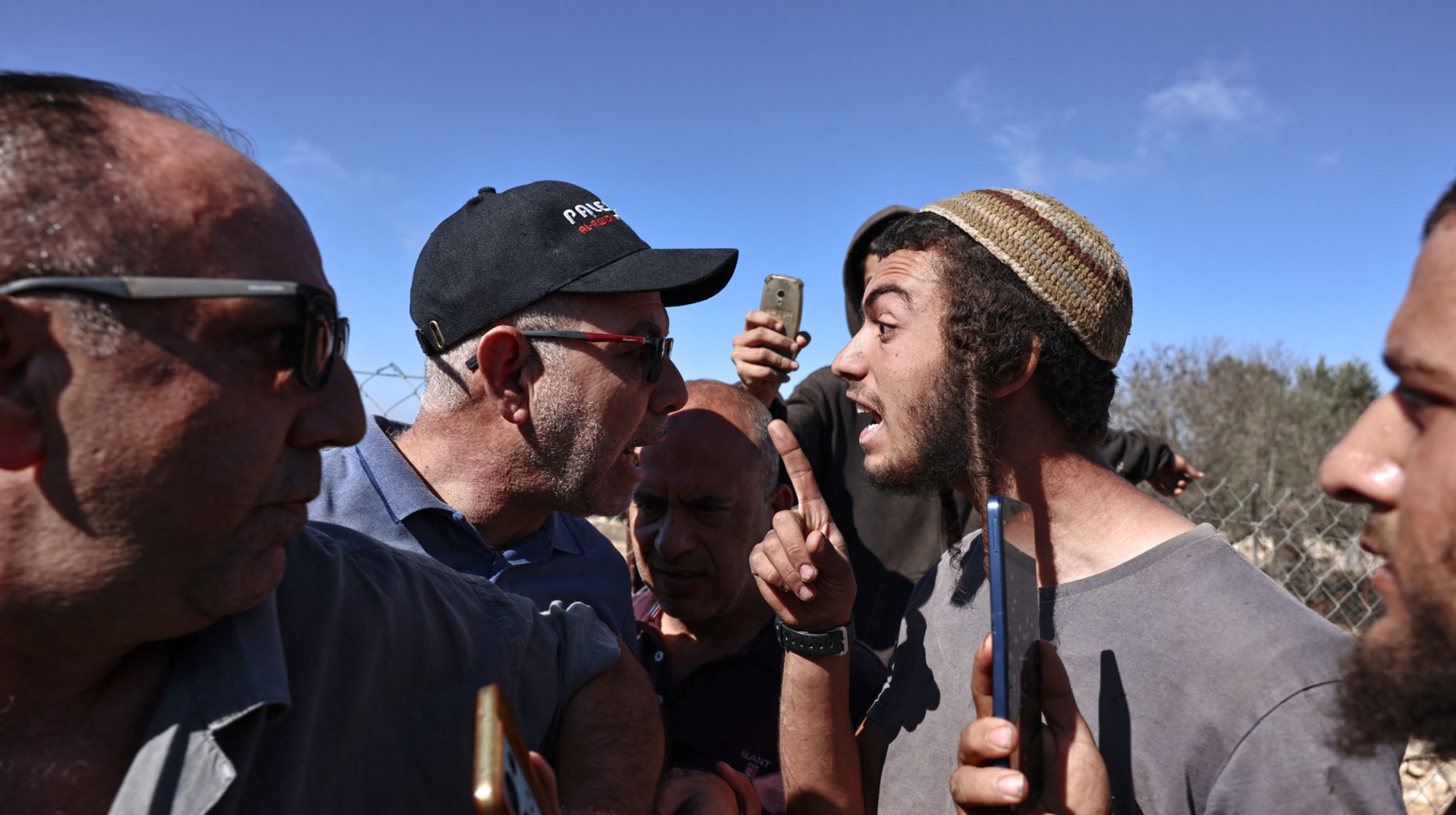 Israel jolted by ‘shocking’ settler violence
Israel jolted by ‘shocking’ settler violenceIN THE SPOTLIGHT A wave of brazen attacks on Palestinian communities in the West Bank has prompted a rare public outcry from Israeli officials
-
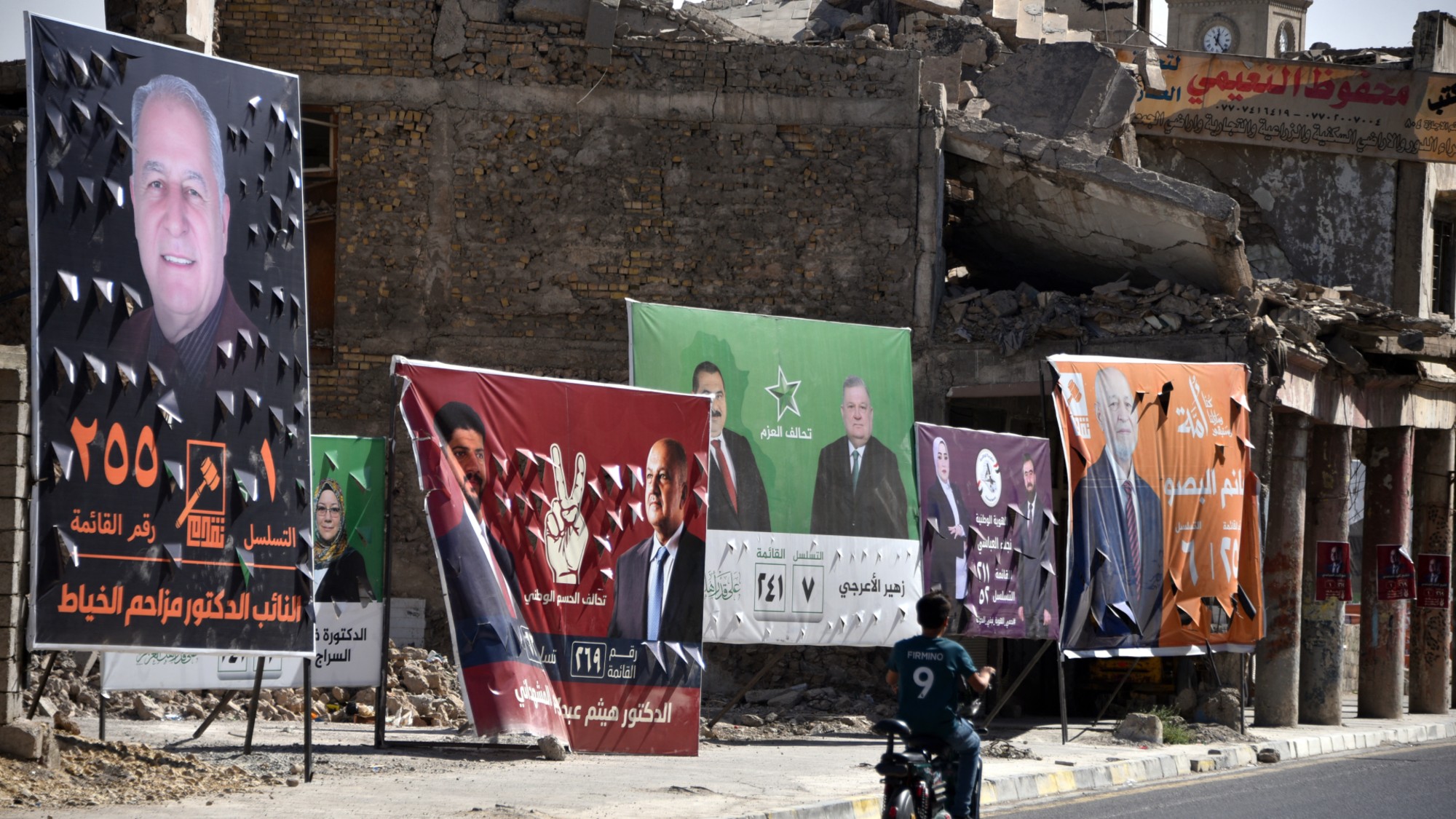 Why these Iraqi elections are so important
Why these Iraqi elections are so importantThe Explainer The US and Israel are increasingly pressuring Baghdad to tackle Iran-backed militants, while weakened Iran sees Iraq as a vital remaining ally